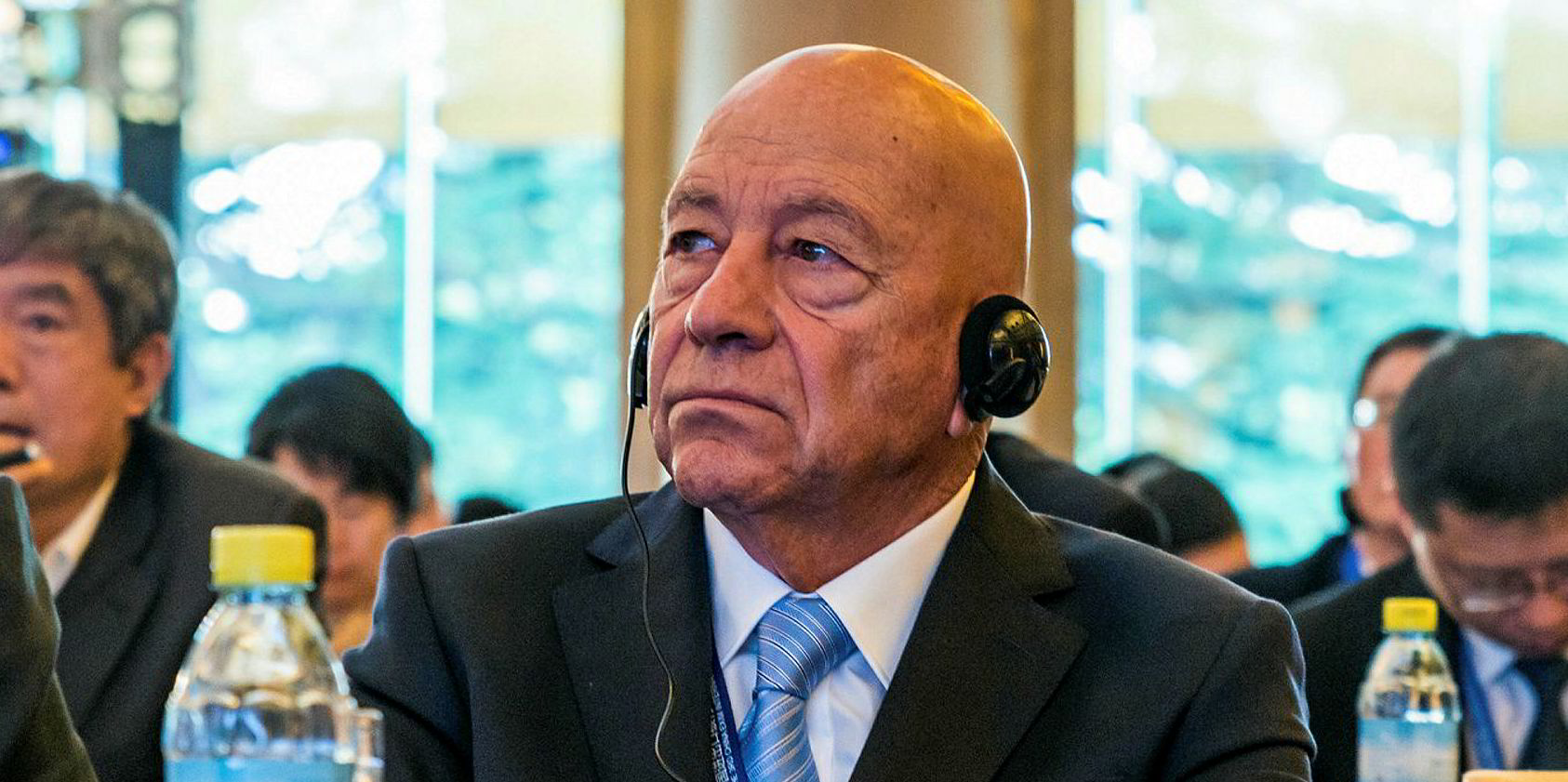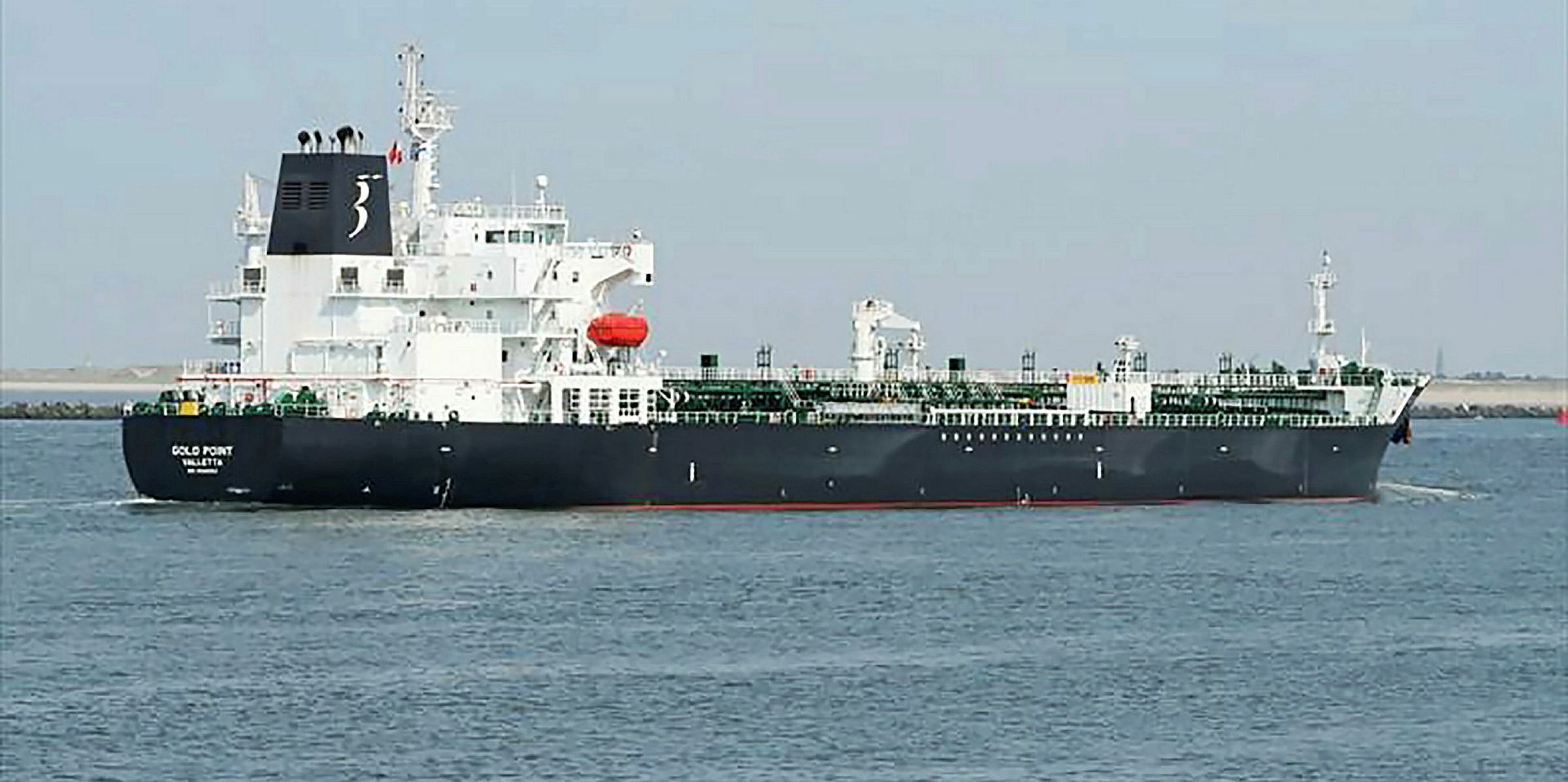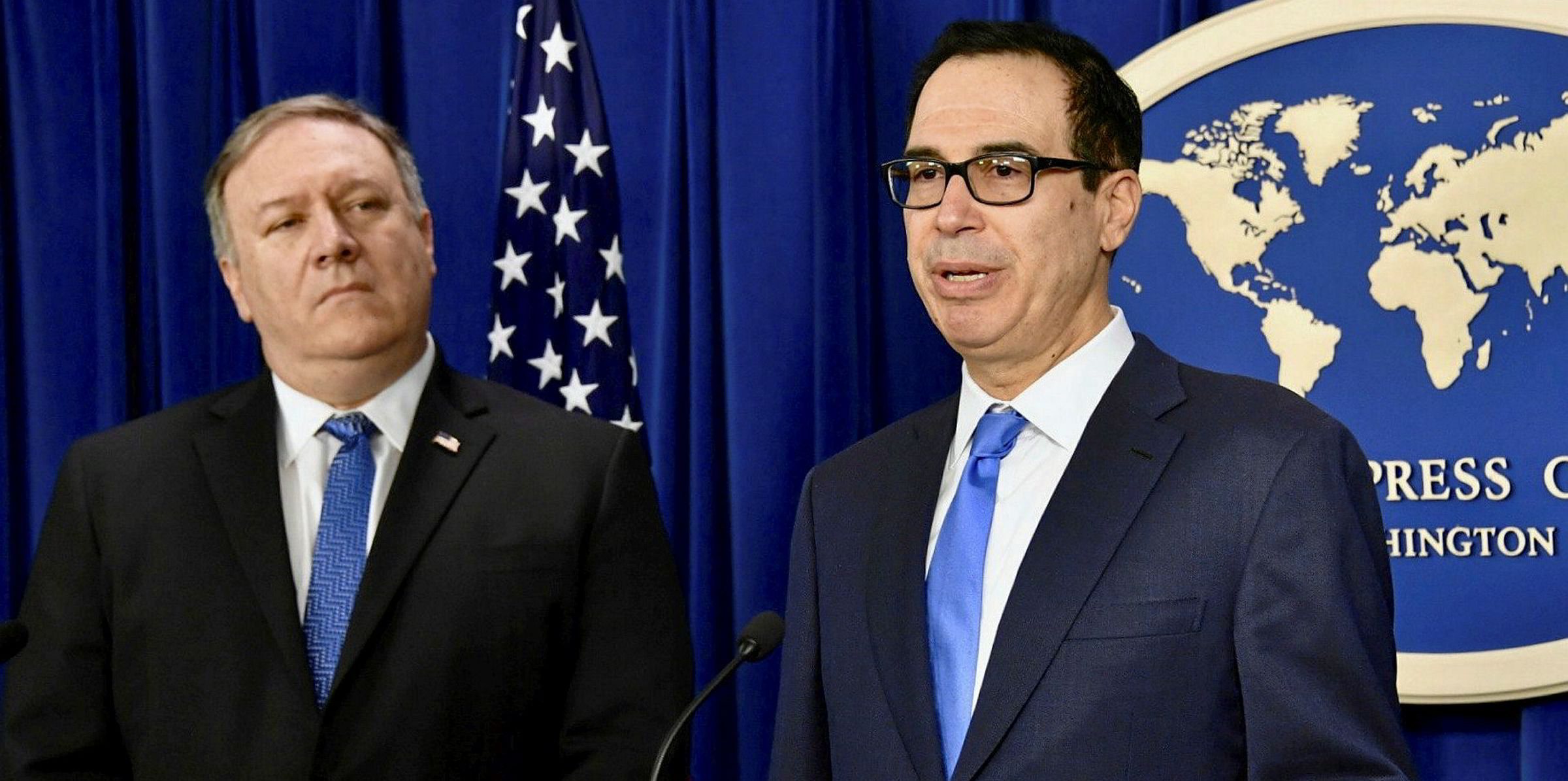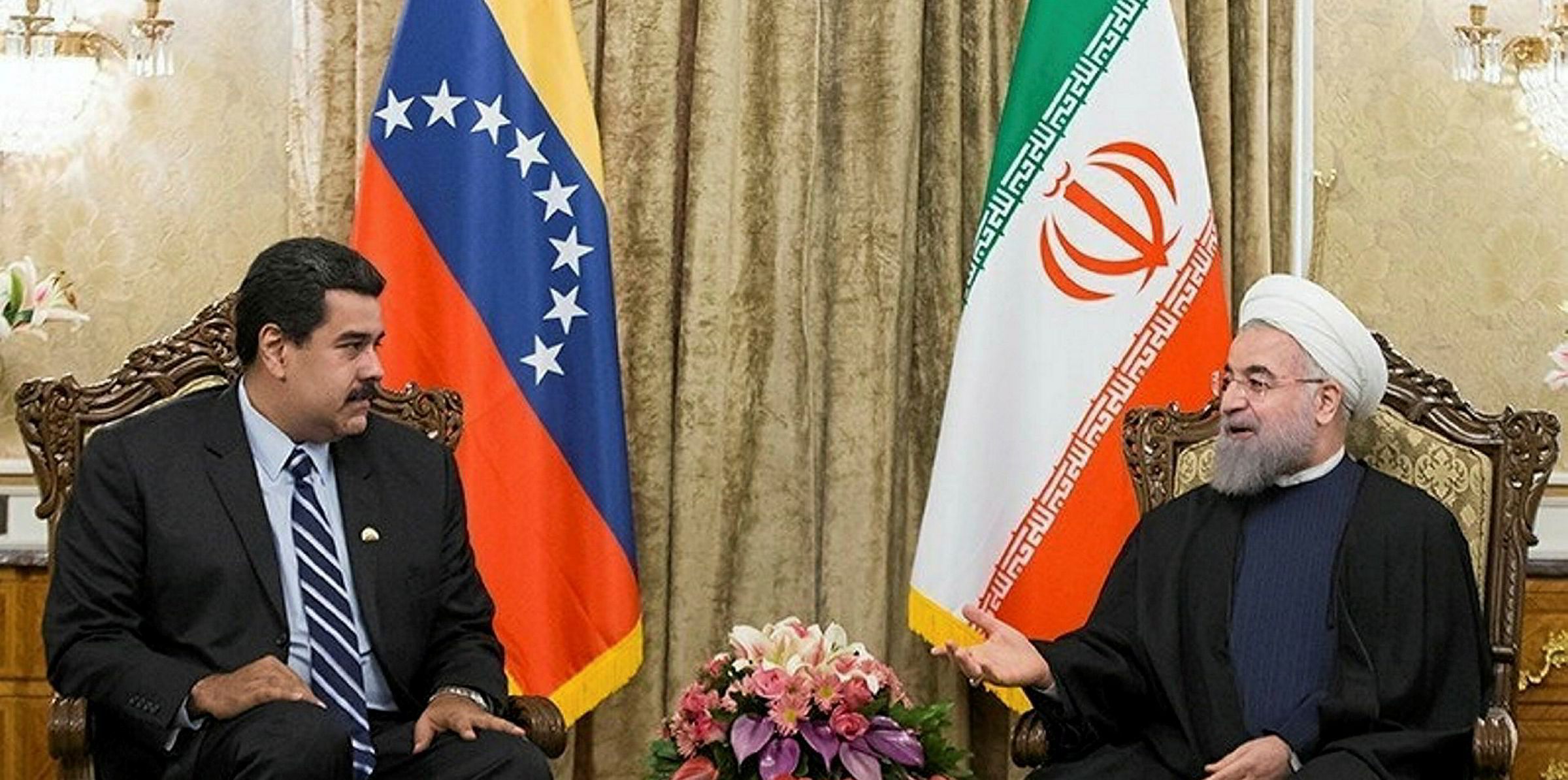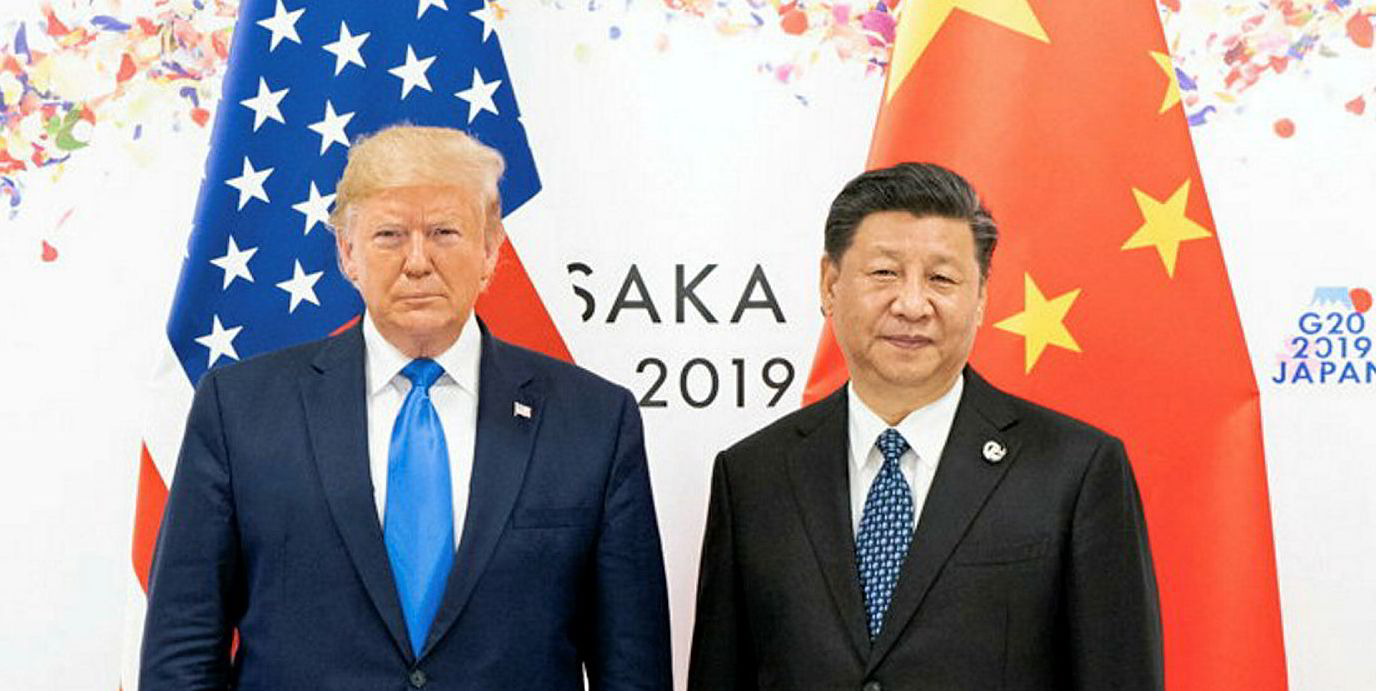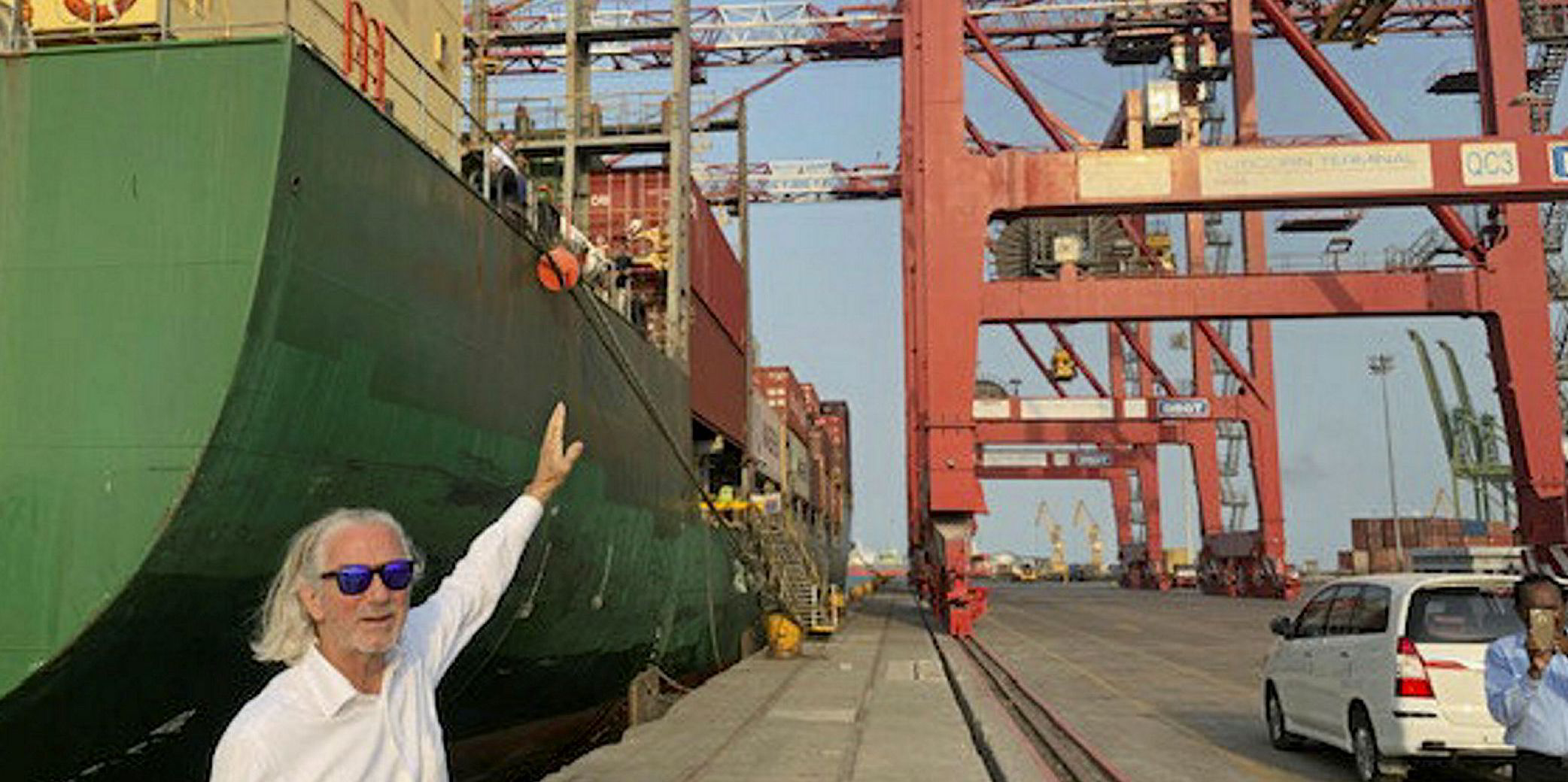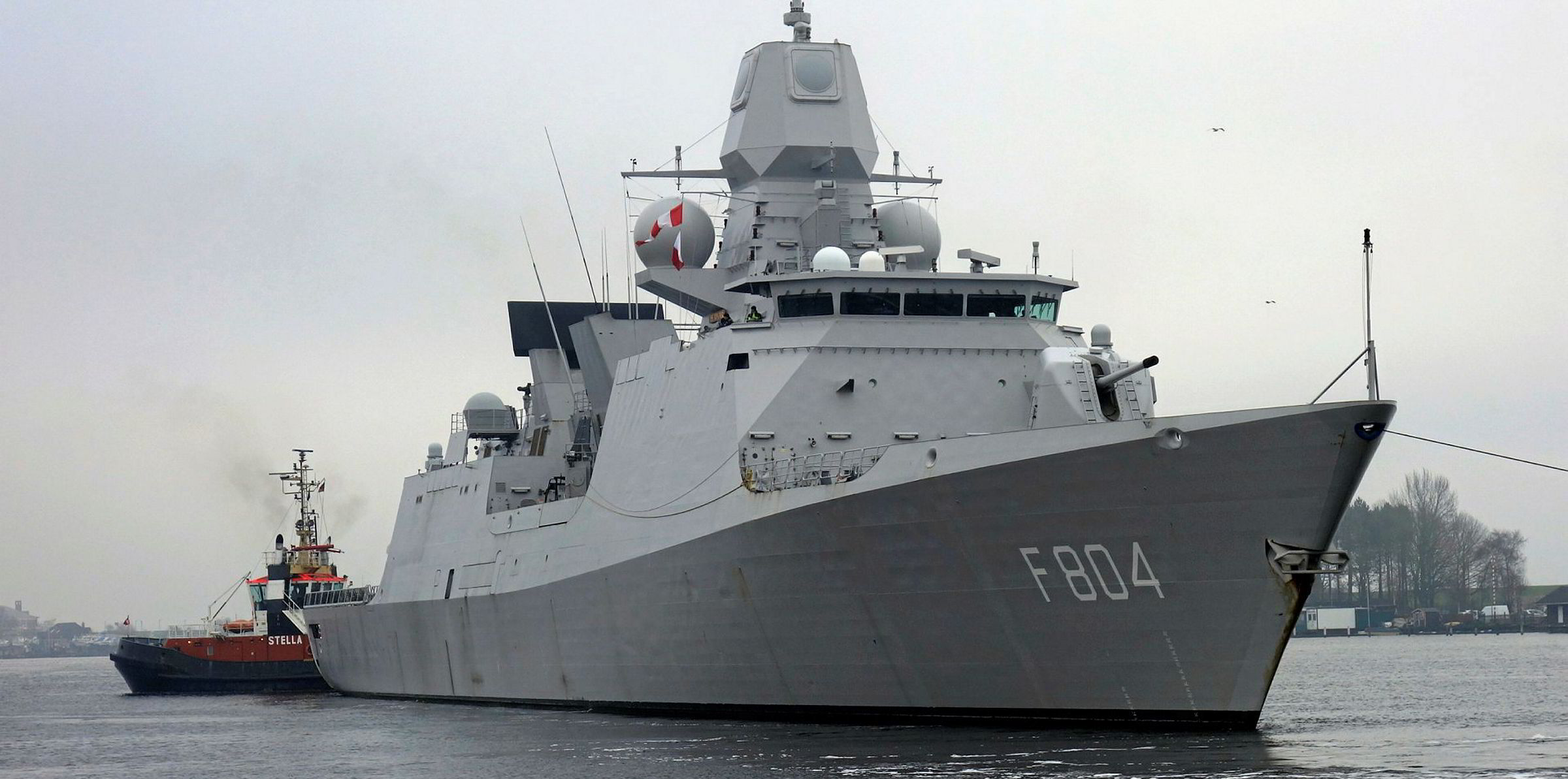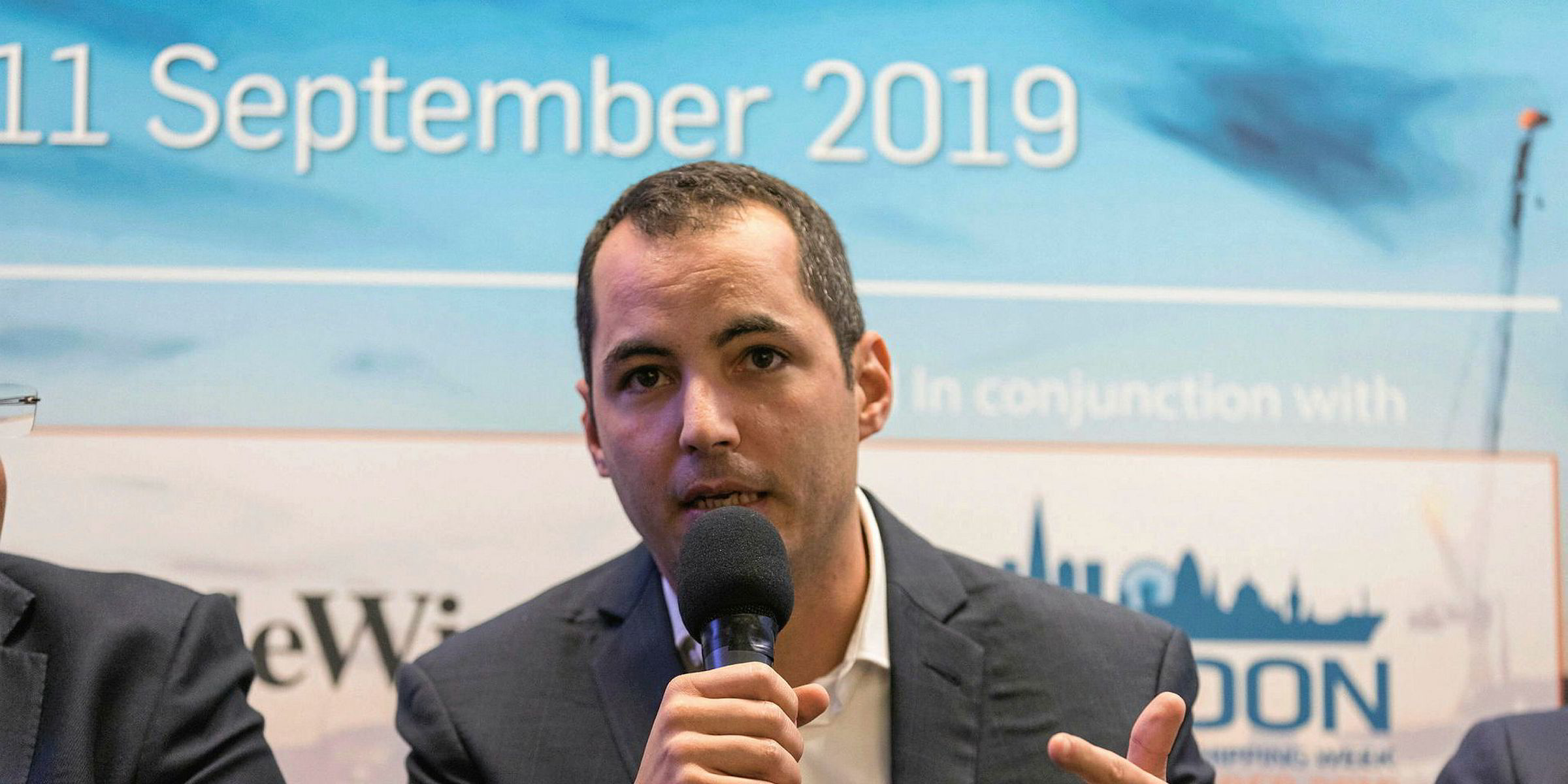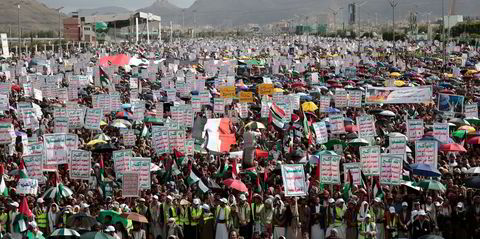Recent US sanctions have targeted some vessels managed by the Greek firms responsible for over half of the Venezuelan crude exports last month, according to industry databases, as Washington tightens the screws on President Nicolas Maduro.
On Tuesday, the Office of Foreign Assets Control (Ofac) sanctioned Dynacom Tankers Management’s 50,000-dwt Chios I (built 2017), Thenamaris’ 306,500-dwt Seahero (built 2006) and NGM Energy’s 300,000-dwt Voyager I (built 2003) for allegedly loading oil from Venezuela between late February and the end of April.
Data from Kpler and VesselsValue suggested the three companies operated seven of the 15 tankers that lifted crude from the embattled Opec member in May.
Their vessels loaded 1.33m tonnes in total, equivalent to 63.4% of Venezuela’s total exports for the month.
Ofac also sanctioned a fourth Greek ship, Chemnav Navigation's 105,600-dwt Athens Voyager (built 2007), even though the company doesn't appear to have done any liftings last month, according to the data.
Ofac has only put the four ships and their registered owners — which are special purpose companies — on the sanctions list, so the Greek firms’ legal exposure to sanctions is believed to be limited, according to market and legal sources.
Warning shots
But Holland & Knight’s partner Jonathan Epstein described the sanctions as “the first warning shots”, saying those companies would risk having “the rest of their fleets sanctioned” if refusing to withdraw from Venezuela.
“It’s quite difficult to see [how] they can do any oil or petroleum trade [there] anymore,” the senior lawyer told TradeWinds. “Even if it’s just one vessel designated, it’s going to cause a lot of financial harm.”
Epstein expects the sanctioned ships to be abandoned by their insurers and flag states and stumble into “the state of limbo”.
“The solution for these guys … is to seek a safety and security licence, go to a safe port and register,” said Epstein.
“Then go to for any [US] embassy to make whatever statement they are going to [need to] make.”
The Greek quartet are also expected to face more scrutiny from their counter parties, such as banks.
Asked by TradeWinds on how to deal with unsanctioned firms linked to sanctioned ships, lawyers Bruce Paulsen and Andrew Jacobson at Seward & Kissel wrote: “US companies and individuals should continue to monitor the situation and perform diligence going forward.
Stepping up pressure
As Washington ramps up the pressure on Venezuela, it may target more vessels.
"There is market chatter this morning that the Venezuela-related sanctions could be tightened to include more vessels," Clarksons Platou Securities said in a note on 5 June, quickly adding that it has "not been able to verify" this information.
More than 100 tankers, or 2.6% of the overall oil carrier fleet, have called in the South American country over the past six months, Clarksons said, citing AIS data.
When first imposing sanctions on Venezuela’s oil sector in January 2019, Washington did not explicitly state that non-US entities would be liable to sanctions for trading petroleum products with the South American country outside of the US financial system.
This prompted many Greek owners to increase their share in the Venezuelan tanker trade, which generally offered strong premiums due to the associated risks.
This was despite that the Department of the Treasury issued statements saying non-US persons could face sanctions for operating within the Venezuelan petroleum sector in the third quarter of last year.
The US has taken a series of actions against lifters of Venezuelan crude this year, with Rosneft Trading sanctioned, and Chevron ordered not to ship oil from the country. Eni, Repsol and Reliance Industries have also been reportedly asked to stop doing oil business in Venezuela.
TradeWinds has approached the four Greek companies linked to the recently sanctioned tankers.
A spokesman for one of them said he previously understood that tankers could lift in Venezuela for the oil majors that had the so-called “oil-for-debt” arrangements, in which the cargoes were deemed as repayments for their earlier investments.
The latest Ofac action is “a change of policy for people to stay away … Nobody wants to go against the US policy,” said the owner, adding that his company would not be involved in any future Venezuelan liftings.
He has been in discussion with the US authorities to get his ship off the list. “Hopefully, the issue can be solved in the fastest and best ways,” he said.
Opaque shipowners are coming
Greek trade in Venezuela is said to broadly fall in two categories: the first are reputable shipping players who were engaging in the trade by exploiting allowances, loopholes, grey areas in US sanctions legislation or on the back of back-channel assurances, political or otherwise.
Such players are now expected to back off from Venezuela trades, taking the US action as a sign that Washington is enforcing sanctions in a more restrictive way or even widening its scope.
"I think the Americans didn't care much about enforcing sanctions in Venezuela until now because their attention was focused on Iran," said one shipping source who opted not to trade in Venezuela due to the legal risk.
"Ofac probably realised now that some people were having a real party in Venezuela and decided to squeeze them a bit.”
However, it is far less clear, however, if the second category will be discouraged — low-profile Greek outfits managing smaller tankers.
Such companies are already believed to be operating in secretive, barely visible ways, even turning off AIS beacons to stay off industry databases.
Some brokers believe that a number of smaller tankers that changed hands on the secondhand market in recent months were purchased by buyers having exactly such trades in mind.
“The sanctions are a game of whack-a-mole in which the US tries to punish violations here and there,” consultancy Control Risks’ director Raul Gallegos said.
“But sanctions violations will continue, with increasingly obscure players eager to make money in a dark or grey market.”
